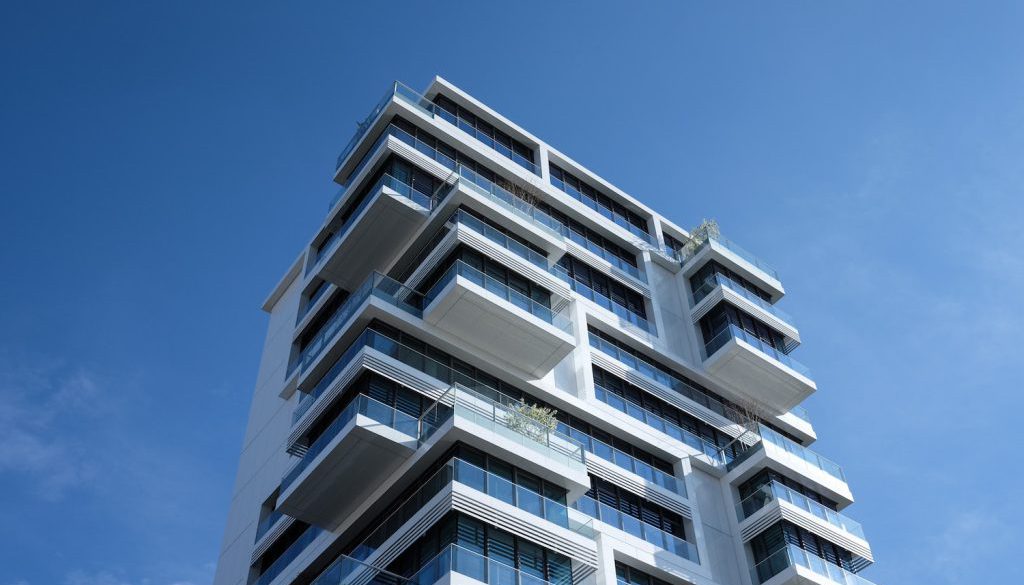Condo vs apartment – which one suits your lifestyle?
Welcome to the great debate in the world of residential living: choosing between a condo and an apartment. If you’re about to embark on a new chapter in your life and find yourself scouring the real estate market, it’s crucial to understand your options and the impact they may have on your lifestyle. To ease your decision-making process, we’ve crafted this comprehensive article, which unveils the key differences between condos and apartments, and discusses their respective advantages and disadvantages. Let us help you turn the page and make an informed choice as you navigate the exciting journey of finding your perfect home. Dive in, and discover which option is tailored to your needs and preferences!
Key Differences Between Condos and Apartments
Entering the world of real estate can feel overwhelming, especially with the multitude of options available. One popular housing debate involves choosing a condo or an apartment. Although they may seem similar in design, there are some key distinctions you should know before making your decision. In this article, we’ll discuss the main differences between condos and apartments, as well as the pros and cons of each option.
Ownership
Let’s first discuss the most striking difference between a condo and an apartment: ownership. A condo, short for condominium, refers to an individual residential unit within a larger complex where the owner holds title to their specific unit but shares ownership of the common areas with other residents. When you buy a condo, you are purchasing the space and ownership structure of the entire complex’s common areas through a homeowners association (HOA). This contrasts greatly with apartments, which are available solely for renting from a single property management company that owns the entire building.
Maintenance & Repairs
The responsibility for maintenance & repairs is worth considering when comparing condos and apartments. In a condo, you own your unit and are generally responsible for any repairs and maintenance inside it. However, the exterior and the common areas, on the other hand, are managed and maintained by the HOA, and condo owners contribute monthly maintenance fees. The HOA manages property management and ensures a high quality of living, but some may feel restricted by their rules and regulations. On the other hand, apartment living offers a relatively hassle-free experience when it comes to maintenance and repairs. The responsibility for any necessary repairs and general maintenance falls on the property management company or landlord, saving you time and money.
Amenities
When it comes to amenities, condos and apartments may offer similar selections, but the key difference lies in the exclusivity factor. As a condo owner, you might have access to additional private amenities reserved only for condo owners. Plus, amenities tend to be more personalized—think unique swimming pools or high-end gyms—reflecting the tastes of the unit owners. Apartments, though, often have shared amenities available for all apartment residents; however, they might be more generic to appeal to a wider rental audience.
Pros and Cons of Condos and Apartments
Now that we’ve explored the primary differences between condos and apartments, let’s delve into the advantages and disadvantages of each to make your decision-making process more straightforward.
Pros of Condos
– Ownership: If you value owning property and building equity, a condo might be the perfect choice for you.
– Customization: As a condo owner, you have more freedom to customize your space, whether it’s a full renovation or just painting the walls.
– Exclusivity: Condos often offer access to private amenities and a more luxurious lifestyle tailored to the preferences of the condo community.
Pros of Apartments
– Flexibility: Renting an apartment is ideal for those seeking short-term housing options. You aren’t tied down to a mortgage or held responsible for selling the property later.
– Less responsibility: Apartment dwellers don’t need to worry about property taxes or maintenance fees. Plus, you’re free from repair bills, as the landlord or property management company handles those.
– Budget-friendly: Apartments are often considered more affordable than condos, with fewer upfront expenses and lower monthly rent.
Cons of Condos
– Cost: Between maintenance fees, mortgage payments, and property taxes, owning a condo can be more expensive than renting an apartment.
– HOA rules: Some homeowners find HOA regulations restrictive, limiting your freedom of personalization or even how you use your own condo.
– Less flexibility: Owning a condo means less flexibility than renting. You’ll need to deal with selling the property if you decide to move, which can be time-consuming and costly.
Cons of Apartments
– Limited customization: Renting an apartment means significantly less freedom to customize your space, as you must adhere to the property management’s policies and restrictions.
– No equity: Choosing an apartment means you won’t be building any equity or property ownership, unlike those who opt for a condo.
– Less privacy: As an apartment renter, you might be sharing amenities and living more closely with neighbors, leading to a potential decrease in privacy.
As you can see, deciding between condo vs apartment living is a matter of personal priorities and preferences. By understanding the differences in ownership, maintenance & repairs, amenities, and weighing the pros and cons of each option, you can make an informed choice that best suits your lifestyle and budget. Let the journey begin!



